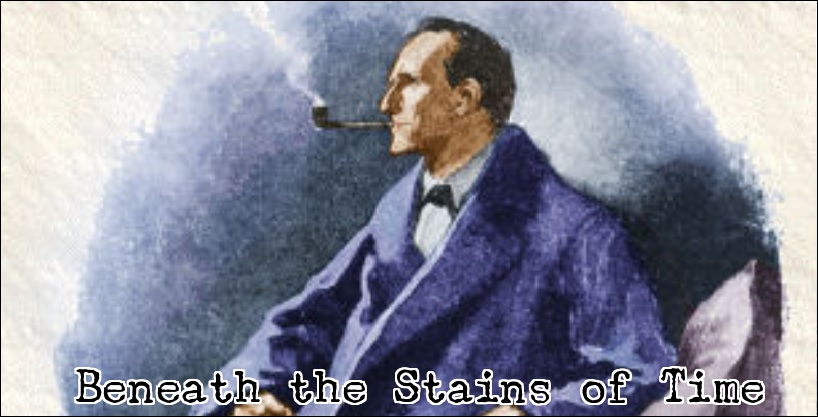One of the best detective novels I read last year was Murder on Safari (1938) by Elspeth Huxley. Despite its uninspired title, the book is the epitome of what a detective story should be: an excellent cast of well-drawn characters inhabiting a vividly painted setting and a top-notch plot that plays scrupulous fair with its readers – in this case providing a solution with nearly a dozen footnotes, referring back to the pages where the clues were given. Brilliant!
Huxley played the grandest game in the world the way it's supposed to be played, and therefore expected a great deal from The Merry Hippo (1963), but was a bit let down by the overall story, which, while not bad, failed to grab my full attention.
The Incident at the Merry Hippo
 The titular hippo is a sumptuous guest house in Hapana, one of those two-by-four countries tucked away in a nook of the African continent, where a Royal Commission, consisting of both Europeans and Africans, have taken up their residence as they discuss and investigate the country's independence from British imperial rule. Not as easy a task as it may seem with a local political climate resembling an explosive powder keg, revolutionary movements, religious cults and informational leakage to communist Russia, which may or may not be linked to the fatal poisoning of one of the Commissionaires during what should've been a leisurely picnic – and it's even possible that the victim unwittingly took his poisoned sandwiches from the wrong lunch box.
The titular hippo is a sumptuous guest house in Hapana, one of those two-by-four countries tucked away in a nook of the African continent, where a Royal Commission, consisting of both Europeans and Africans, have taken up their residence as they discuss and investigate the country's independence from British imperial rule. Not as easy a task as it may seem with a local political climate resembling an explosive powder keg, revolutionary movements, religious cults and informational leakage to communist Russia, which may or may not be linked to the fatal poisoning of one of the Commissionaires during what should've been a leisurely picnic – and it's even possible that the victim unwittingly took his poisoned sandwiches from the wrong lunch box. Huxley tells a genuinely amusing story, in which she sketches an ill-assorted cast of characters, who clash with one another on more than one occasion, and the setting shows that she knew what she was writing about. But the plot, somehow, didn't keep up with the rest story and thus failed to excite and capture this reader's complete, undivided attention.
However, it's not that the plot is bad itself, it just isn't very interesting and pretty mundane compared to the rest of the story – and the solution is both anticlimactic and somewhat unfair where the motive is concerned.
All in all, this was not the follow-up success that had been expected, but, fortuitously, I still have a couple of her books from the 1930s to hunt down, which, hopefully, have maintained the overall quality of Murder on Safari.

I didn't like the plot, though I liked most of the other stuff about the book. The final scene showed a particularly poor lapse in logic, and it just should've ended on a high note. So, for me, it was not only a dull story, but a fairly poor one as well.
ReplyDelete